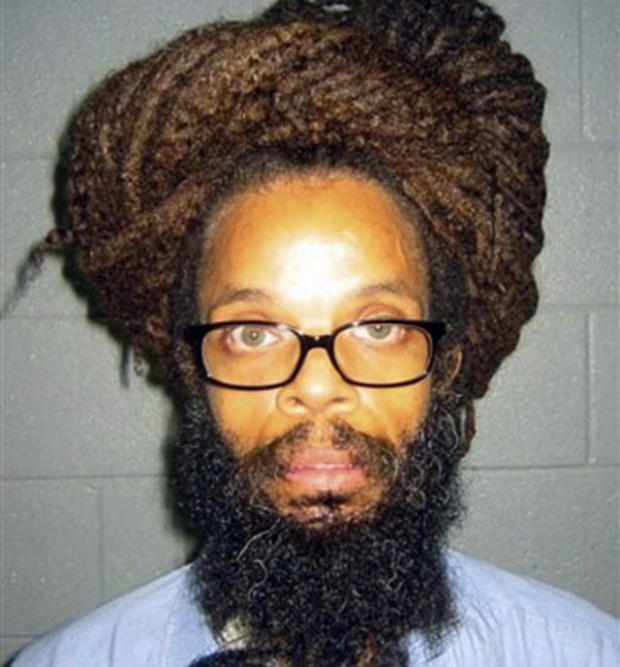Rastafarian Inmate Refuses to Cut Hair, Spends Ten Years in Isolation
JARRATT, Va. (CBS/AP) For more than ten years, Kendall Gibson has spent 23 hours a day locked in a cell no bigger than a gas station bathroom. He is allowed to come out three times a week for a 20 minute shower, and five times a week he gets an hour of recreation. Still, the inmate chooses to remain isolated, because he believes cutting his hair would be a sin against his Rastafarian god, Jah.
Gibson was brought to the Greenville Correctional Center after being sentenced to 47 years in prison for robbery, abduction and gun charges. At the time, Gibson, 18, knew little about the Rastafarian faith other than the hair, the music, and the ganga, but as time passed he learned a great deal from other inmates regarding the "peaceful vibes of Rastafarian livity," or belief system.
One of the chief tenets of the Rastafarian faith is that a person must be willing to stand up and fight for a worthy cause -- in the refrain of Bob Marley, "Get up. Stand up. Stand up for your rights."
Gibson never entertained the thought of cutting his hair when the Virginia Department of Corrections passed a rule in 1999 that forbid inmates to have hair and/or beards longer than their shoulders. If they chose to defy the rules, they were placed in administrative segregation.
"Rules must be in place in order to have a secure, safe environment for everyone," spokesman for the Department of Corrections Larry Traylor said. "An inmate that will not follow the rules jeopardizes normal prison operations and is potentially a danger to other inmates and staff."
Most of the time the inmates cannot take the pressure of isolation and cut their hair, but there are several inmates who have filed lawsuits and have asked to be transferred to other prisons because Virginia is one of about a dozen states that regulate the length of inmates' hair and beards.
In 2008, a federal appeals court ruled that the Department of Corrections' argument that inmates could hide weapons and other contraband in long hair or easily change their appearance upon escape, was compelling enough reason to require trimmed hair.
Although Gibson does not seem as menacing as the other inmates whose crimes merit isolation, he has been denied parole 12 times for the same reason -- the serious nature of his crime -- but he knows his refusal to bow to the grooming policy likely played a role in that.
